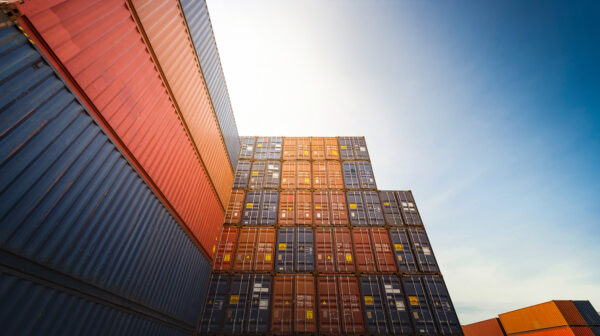Although Canada has traditionally undertaken an “open-by-default” federal procurement strategy, the Canadian government is shifting to a new frontier.
Public Services and Procurement Canada (PSPC) has developed an Interim Policy on Reciprocal Procurement (the “Policy”) for the Government of Canada to ensure that suppliers from countries that do not provide Canadian suppliers similar levels of market access, do not unfairly benefit from access to Canada’s federal procurement market. This Policy will prioritize suppliers from (i) Canada; and (ii) Canada’s reliable and reciprocal trading partners through trade agreements.
When does the Policy apply?
The Policy, which took effect on July 14, 2025, applies to all new non-defence procurements over $10,000 by or on behalf of any federal department or agency.
However, the Policy:
- is not retroactive in nature, and
- will not impact contracts and solicitations posted prior to July 14, 2025.
For existing Supply Arrangements (“SAs”), the Policy applies at the next renewal, which must be completed by July 14, 2026. Contracts being issued under existing SAs cannot include reciprocal procurement requirements until the reciprocal procurement clauses are included in the relevant Request for Supply Arrangement. Similarly, for existing Standing Offers (“SOs”), the Policy will apply at the next renewal.
For federal procurements that involve open competition, a foreign supplier’s eligibility to compete will be contingent on whether the solicitation is subject to a trade agreement between Canada and the supplier’s jurisdiction.
Subject to limited exceptions, if a foreign supplier is from a jurisdiction that does not have a trade agreement with Canada, they will not be eligible to compete in a procurement process.
Canadian suppliers will, however, continue to be eligible to compete for all federal procurement opportunities, subject to any conditions from other federal policies or programs.
The Policy will apply to all new procurements by or on behalf of any federal departments or agencies, unless:
- the estimated value of the procurement is below $10,000;
- the contract is not subject to the Government Contracts Regulations (GCRs), in accordance with subsections 3(1) (c), (d), (d.1), (d.2), (f), (h), or (i) of those regulations;
- the contract to be awarded is non-competitive, in accordance with an exception set out under subsections 6(a), (c), or (d) of the GCRs;
- at least 51% of the estimated value of the contract is for Defence Goods or Defence Services, or a combination of them;
- the procurement is in support of sensitive operations;
- the procurement is in support of missions abroad; or
- all of the deliverables under the contract will be solely delivered outside of Canada.
Additionally, procurements that are solely limited to Canadian suppliers or Indigenous businesses are considered to have satisfied the requirements and objective of the Policy.
How does the Policy apply?
Departments and agencies are to implement the requirements of the Policy in their procurement processes by:
1.Determining which trade agreements apply to the solicitation (this step must always be completed, regardless of whether the Policy applies to the solicitation);
2. Determining whether the Policy applies to the solicitation, or if an exception applies;
3. Based on the results stemming from steps 1 and 2, determining which suppliers meet the eligibility criteria to compete:
a. If the Policy applies and no exception is applicable, competition must be limited to Canadian suppliers, and if any international trade agreements apply to the solicitation, suppliers of an applicable trading partner; or
b. If the Policy does not apply to a competitive procurement, or if an exception applies, suppliers of non-trading partners are permitted to compete
4. Incorporating appropriate clauses into the solicitation documents to indicate which suppliers are eligible to compete; and
5. Evaluating the bids and awarding the contract accordingly.
The exceptions
At the discretion of departments and agencies, procurements which are otherwise subject to the Policy may be excluded where one or more of the following exceptions apply:
- No Capacity or Availability – Based on information obtained by the contracting authority, the good or service is not available, is not available in sufficient quantity, or is not available in sufficient quality (e.g. does not meet the required quality standards) from Canadian suppliers or suppliers of an applicable trading partner;
- Best Value – Based on information obtained by the contracting authority, limiting competition under the Policy is expected to result in unreasonable pricing inconsistent with sound stewardship or outcomes inconsistent with ensuring best value to the Crown; and
- Public Interest – Limiting competition under the Policy is otherwise not in the public interest.
The future
A final policy will determine supplier eligibility, based on the origin of goods and services rather than just the supplier’s location, and will be introduced at a later date.
For more information on this topic, please contact any member of Miller Thomson’s Global Trade and Customs or Construction Contracts and Procurement teams.


